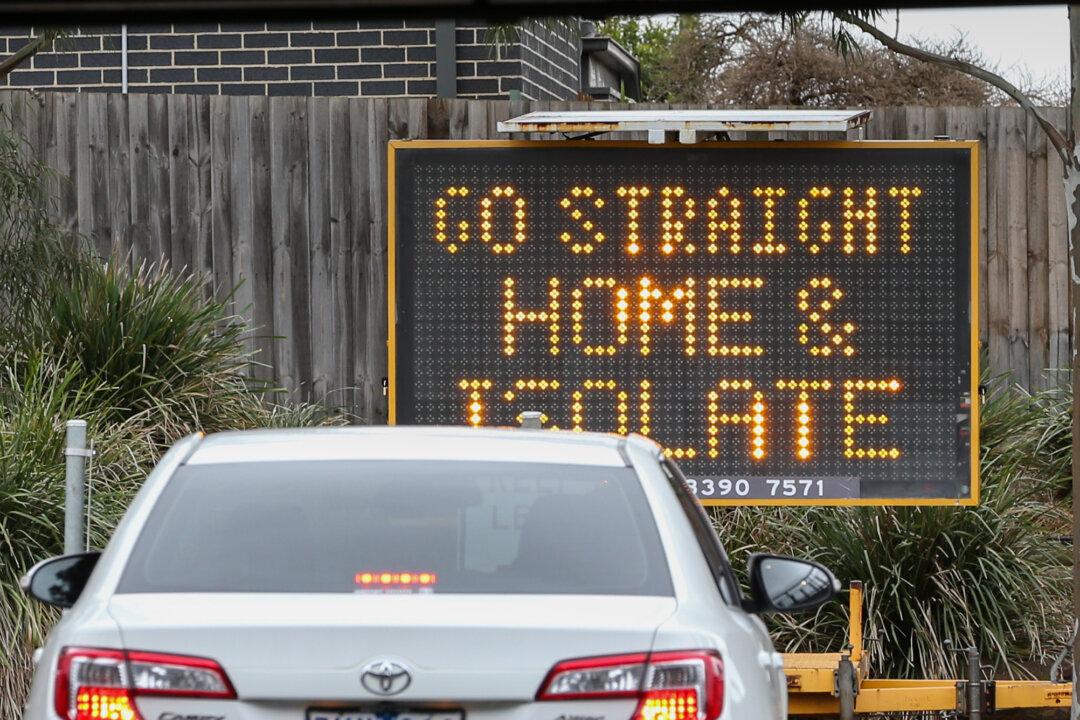Australian authorities have been told to rethink COVID-19 policies as the population is growing increasingly tired of health restrictions around the pandemic.
New South Wales (NSW) Premier Dominic Perrottet told Sky News Australia that authorities need to scrap the mandatory isolation period for COVID-19. This comes just days after the National Cabinet agreed to reduce the isolation period from seven days to five on Aug. 31. Although the reduced isolation period will not come into effect until Sept. 9.




